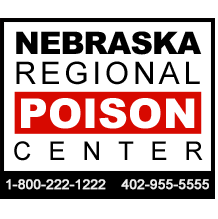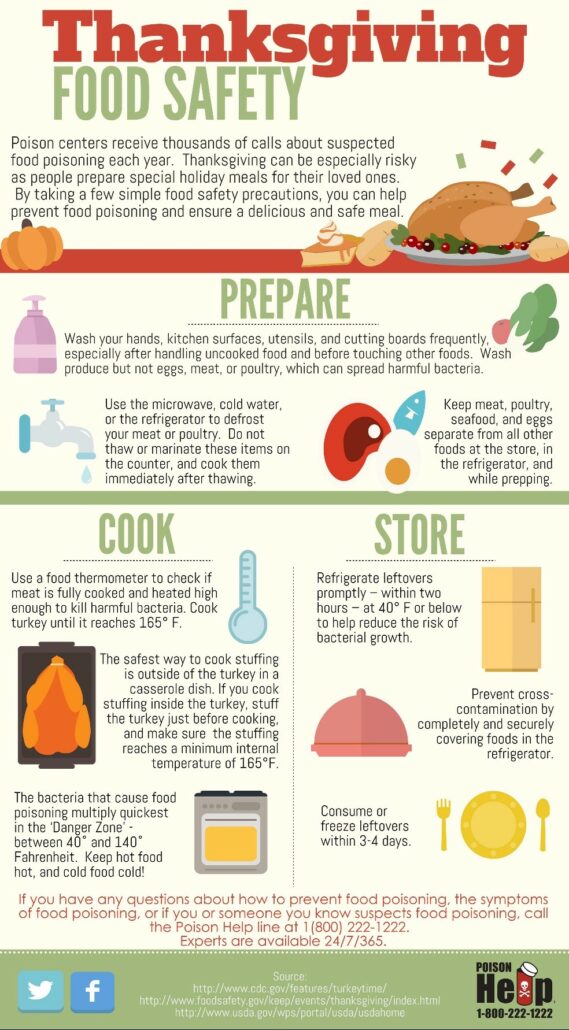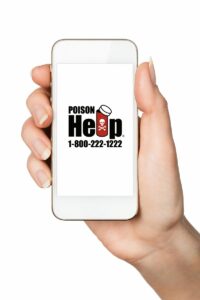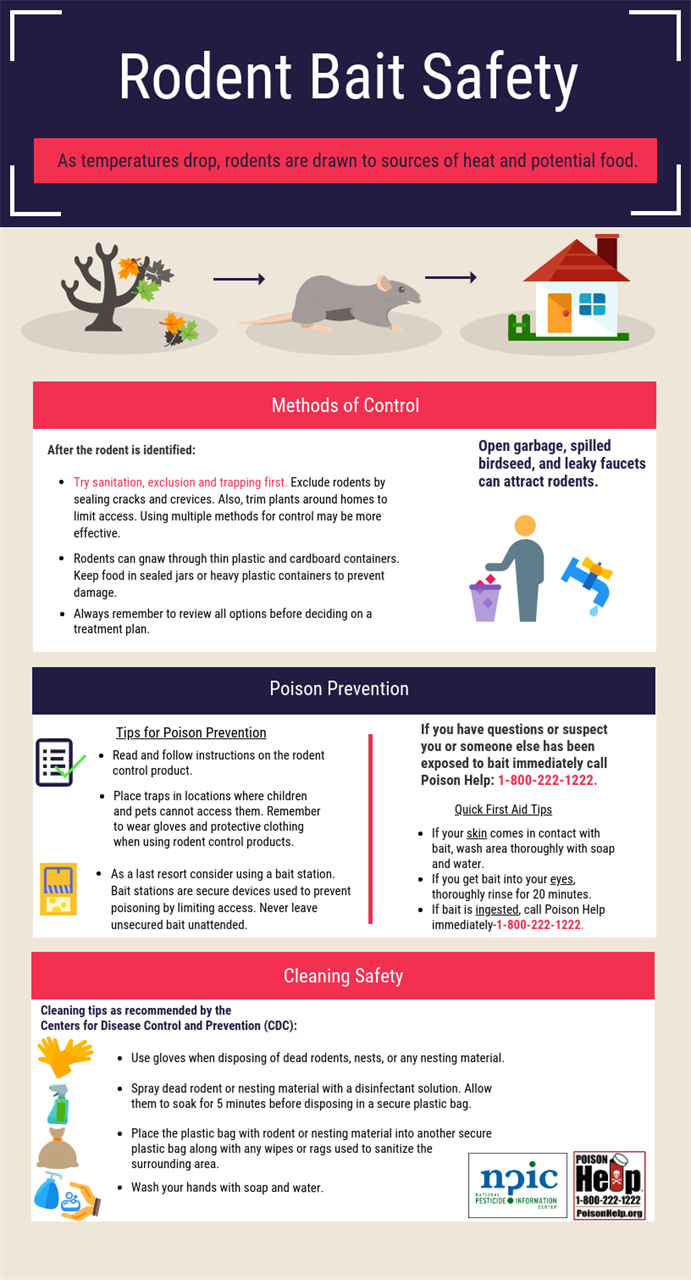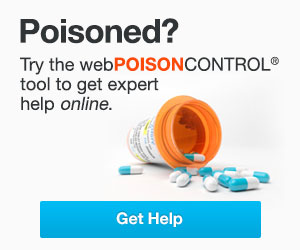Tips for a Safe and Healthy Holiday during the COVID-19 Pandemic
The holiday season is a time for celebration and joy with our friends and families. Due to our current pandemic, there are additional safety guidelines to keep in mind. It is wise to follow all state directed health measures. Research shows that the number of poisoning incidents involving children rises during the holiday season. The Nebraska Regional Poison Center reminds everyone to be mindful of additional items in the home that may cause a poisoning during the holiday season. Here are some tips to keep in mind:
- If you do have visitors remember that they may bring their medications. 59,000 children go to U.S. emergency departments every year for a poisoning and 48% of these cases involve children accessing grandparents’ medications. When visitors arrive for the holidays, make sure to store their medications out of sight and reach.
- Avoid storing disinfectants and cleaners on the counter. Storage on the counter may be convenient, but it provides an opportunity for a young child to reach and swallow or spray them on the skin or in the eyes.
- Disc batteries may be found in toys, games, watches, remotes and musical greeting cards. If swallowed, they can become lodged in the throat and cause serious injury or death if not removed. Also avoid toys that contain magnets since they may be harmful if swallowed.
- Alcohol is found in holiday drinks, hand sanitizers, and even in perfume and cologne. Remove all items containing alcohol from sight and reach. Remember to empty all ashtrays; only a few cigarette butts can harm a child if swallowed.
- Lamp oil in candle lamps is frequently used this time of year. These fuels may be colored and look like pretty beverages to small children. It only takes a small amount to cause choking and a chemical pneumonia if it goes into the lung. Aroma and fragrance oils can also be a choking hazard and cause vomiting.
- Keep small children and animals away from seasonal plants such as mistletoe, holly berries, yew plants and poinsettias. Poinsettias are not the fatal poison that they were once believed to be, but in large amounts they can cause upset stomach.
- Although holiday tree icicles, tinsel and garland are festive, these items can be a choking hazard if swallowed. Snow sprays help with holiday décor, but the pressurized container may cause eye damage if sprayed directly in the eye. Glitter can be irritating to the eyes and lungs. Snow globes usually contain water and glitter. Some snow globes may also contain glycols, but usually in low concentrations.
The Nebraska Regional Poison Center offers tips on holiday safety and poison prevention. When you call 1-800-222-1222, you will talk immediately to a Registered Nurse or Pharmacist 24/7/365.
